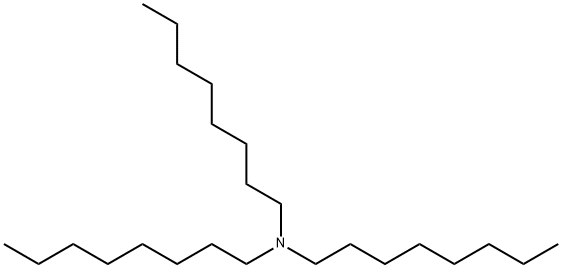I work as a "Student Chemical Technician" (Read: slave labor, I have mandatory co-op at university. I get paid, but not well)
My toxic substance experience includes:
-Detoxifying Cyndie waste / cynidated ore material. (Several 200L drums, so enough to kill about 200 000 people)
-HF, ooh yeah, this stuff scares the crap out of me. I was using it in a leaching process with high purity silicon. They do
NOT let undergrads use HF at my school. I switched off that (work) project as soon as I could.
-HCl, conc. Lots of it(10-13 litres for a leach). HCl is really not that bad. You just need a respirator / fume hood. The reason why undergrads are allowed to use HCl is that even if you get conc. on your skin you will be uninjured as long as you wash it off quickly. (from experience)
-Other strong acids in lab use amounts
-NaOH a.k.a. Caustic. I use it in an alkaline scrubber. When leaching with large amounts of HCl you need to remove the fumes before discharge.
-Potassium Xanthanate. Beautiful compound, it stinks in a way I cannot describe, and it's fumes will kill you. Also other floatation extractants. Most are proprietary, but all are pretty toxic. (on the upside I was doing gold extraction, again pilot plant scale)
-HCl (as a gas), again, leaching.
-Various SX extractants. If you know what I am talking about, you know what I mean. I am allergic to one called Alamine 336, and I use it every day (pilot scale).
-Silicon. Silicon is pretty inert, but not at 2000C (Here is a melt I took a sample in:
http://www.youtube.com/watch?v=Ar1zNi80aTA. Just a note, the film work is bad, but that is because the guy filming had never used my camera before)
-Uranium ore. Low grade, but still. (by the way, the radioactive material handling course is
fun
-Arsenic: There used to be a gallium purification plant where I work (they rented space) guess who had to deal with some of the waste.
More to come in the future too. I am a nano-engineering student, so I will be exposed to new forms of toxic.


